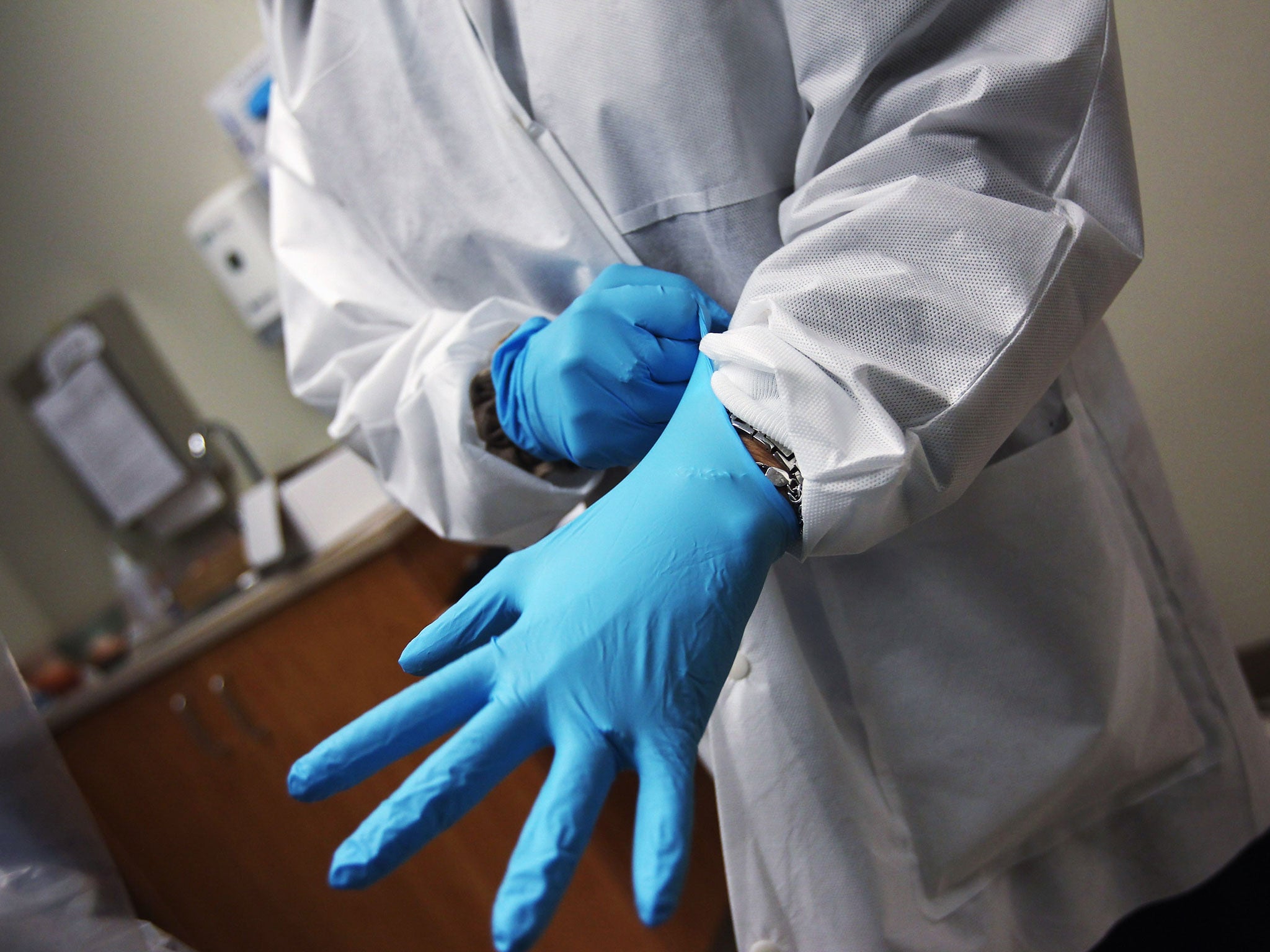'A truly exceptional case': Court to decide on sterilisation of man with learning difficulties
The man’s lawyer stressed the case was not covered by the shadow of eugenics

Your support helps us to tell the story
From reproductive rights to climate change to Big Tech, The Independent is on the ground when the story is developing. Whether it's investigating the financials of Elon Musk's pro-Trump PAC or producing our latest documentary, 'The A Word', which shines a light on the American women fighting for reproductive rights, we know how important it is to parse out the facts from the messaging.
At such a critical moment in US history, we need reporters on the ground. Your donation allows us to keep sending journalists to speak to both sides of the story.
The Independent is trusted by Americans across the entire political spectrum. And unlike many other quality news outlets, we choose not to lock Americans out of our reporting and analysis with paywalls. We believe quality journalism should be available to everyone, paid for by those who can afford it.
Your support makes all the difference.The Court of Protection could make legal history this month if it sanctions the sterilisation of a man with learning difficulties who lacks the ability to give permission.
In what has been described as a “truly exceptional case”, Mrs Justice Eleanor King is set to rule whether it is in the best interests of a 36-year-old man from the Midlands with moderate to severe learning difficulties to be sterilised by means of a vasectomy.
The application was made by an NHS Trust and is backed by the man’s parents, GP, and local authority. It is said the man, who can only be referred to as DE for legal reasons, does not have the capacity to make the decision himself.
The man already has one son from his longstanding relationship. The court heard that DE does not want any more children but is unable to effectively obtain and use contraception. It was said becoming a father again would cause him “psychological harm”.
He is currently only able to see his girlfriend under supervision, to “keep them safe”. The court was told if another child was born it could be taken into care.
John McKendrick, representing the local authority, said the court had “the power to return DE’s independence to him”. He told the hearing, held at the High Court in London: “A vasectomy is in his best interest.”
The judge, who is expected to make her decision in a week, said the case was a “matter of great public importance”. But she also said she was “extremely concerned” about the effects the proceedings were having on DE.
She added: “He has a child. He sees it and he likes playing with it. He sees value in his relationship to that child. Against that background, he is absolutely clear he does not want to have any more children.”
But in anticipation of the potential controversy that would be caused by the landmark decision, DE’s solicitor was keen to stress that the case “was not covered by the shadow of eugenics.”
Mr Angus Moon QC added: “It is not about a youngish man being given a vasectomy against his will. Evidence, in the official solicitors’ submission, is compelling that DE does want to have a vasectomy. This is an exceptional case and should not be seen as a green light for other applications for vasectomies in respect of other people with learning difficulties.”
Mr Moon told the judge that if she decides to allow the sterilisation it would be the “first judgment in this jurisdiction [England and Wales] in which permission has been given to carry out a vasectomy”.
It is believed to be only the second application for the sterilisation of a man to have come before the court. The first, in 1999, was refused.
The Independent has campaigned for the right to report on the workings of the Court of Protection – one of the most private courts in the country – for years.
DE’s parents were both present at the hearing, but did not want to add any comment. His mother wiped back tears as her husband thanked the court. The judge said she had the “utmost admiration” for the pair who have spent nearly three years on this issue. She added: “DE is a lucky man because he has got both of you.”"
Subscribe to Independent Premium to bookmark this article
Want to bookmark your favourite articles and stories to read or reference later? Start your Independent Premium subscription today.
Join our commenting forum
Join thought-provoking conversations, follow other Independent readers and see their replies
Comments